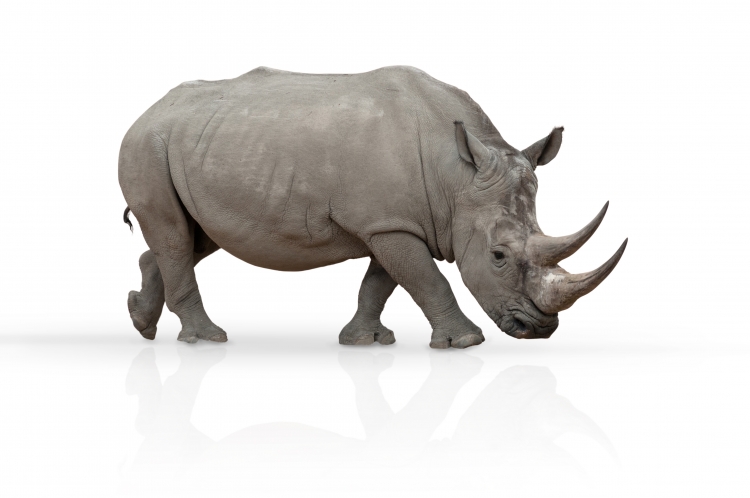What known risks are you ignoring?

Michele Wucker, US policy analyst best known for her work on “gray rhino events” talks to Jessica Titherington about why individuals and businesses choose to neglect significant threats and what we can do about it.
The new year is traditionally a time for predictions; you only have to open a newspaper to find it peppered with so-called expert views on what we can expect for the coming twelve months. As risk professionals, horizon scanning is not just idle musings of course, it is intrinsic to ensuring your organisation is as resilient as possible to what lies ahead.
But can we ever really know what risks lie around the corner? Not really – no-one has a crystal ball. But according to Michele Wucker, a policy analyst and author of The Gray Rhino: How to Recognize and Act on the Obvious Dangers We Ignore, there are a whole host of risks that are both visible and predictable that we – individuals, businesses, risk managers – subconsciously choose to ignore.
Since the 2008 financial crash, we have heard a lot about black swan events which are defined as highly unlikely big-impact events. In contrast, Wucker has termed her breed of risk “gray rhinos” – highly probable, high impact yet neglected threats.
She explains: “Gray rhinos are not random surprises, but occur after a series of warnings and visible evidence.” Recent examples of gray rhinos include the bursting of the housing bubble in 2008, the devastating aftermath of Hurricane Katrina and other natural disasters, and the new digital technologies that have disrupted the media world. The success of president-elect Donald Trump is the most topical example.
According to Wucker, there was significant evidence of these threats well in advance of their occurrence, but very little was done about it. “Could we say for definite that Trump was going to win the election? No. But the polls gave us enough information to know it was possible. Inequality in the US, a lack of trust in political institutions and racial antagonism were known knowns, so why was this really a shock?”

Michelle Wucker - US policy analyst
Wucker believes that we don’t spot or address such threats because of sub-conscious biases. “Generally if we can’t imagine something happening, we are more likely to disregard it. Added to which people tend to have a optimism bias, in other words we overweight the positive. The psychology of decision-making is very important.”
Wucker’s work on gray rhino risks stemmed from her academic research into the debt crises in Argentina in the early 2000s and Greece after the 2008 global financial crash. She said both crises had similar underlying causes and build-up but very different international responses. She wanted to understand why the international community ignored the emergence of the Argentine debt crisis but responded – albeit chaotically – to the warning signs of the Greek debt crisis.
She quickly found that her work had applications to so many areas of life, and business in particular. While not specifically aimed at the risk community, she says the concept of a gray rhino risk is highly relevant to risk managers. “All of us, and especially risk managers, need to regularly do a reality check and look around at what you might be ignoring that could potentially trample you.”
Acknowledging the presence of gray rhino threats to businesses is vital, she believes, but not always easy to do as our subconscious biases are deeply ingrained. There are, though, steps that businesses can take.
First, ensure your organisation’s decision-making process is influenced by a diverse set of voices, including people with different risk tolerances, a variety of disciplines and different genders. “In a diverse group people are more likely to have different sub-conscious biases so the team dynamic is complementary. It’s also important to make space for challengers and alternative decisions.”
Second, Wucker says it’s important to be aware of your own biases. “Ask yourself regularly, what is your gray rhino and how can you compensate for it? Engaging with them is the first step to dealing with them.”
More information about Michele Wucker and her work on gray rhino events can be found at www.thegrayrhino.com.
